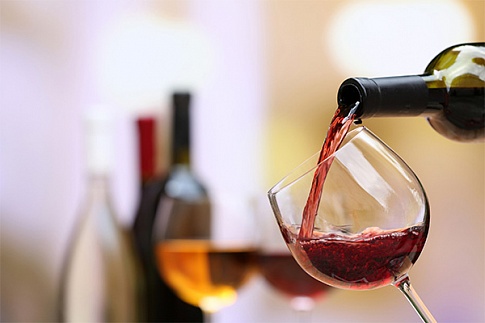
Membrane filtration is the most common method for achieving microbiological stabilization of beverages without using chemicals or heating. As an alternative to pasteurization, cold stabilization preserves the aroma, flavor and fine structure of the wine.
Membrane filters such as EPM provide absolute retention of microorganisms that cause damage to the wine. Filters of fine purification of the EPV type, which have a high mud capacity and resource, provide excellent protection of the membrane element and increase its working life.
Features and applications
Necessary conditions for perfect final filtration of wine:
- Careful preliminary preparation of wine material.
- Pre-filtration of wine through a filter press with high-quality filter board.
- Availability of sterile service media.
- Prepared storage tanks equipped with filters for sterile breathing.
- Thorough sterilization of equipment and all materials in contact with wine.
- High level of sanitary-hygienic state of production facilities.
Benefits
We present the new generation cartridge filter based on polyethersulfone membrane EPM.PS, specially created for the biological filtration of wine with the possibility of multiple washing, regeneration and sterilization.
| Characteristics | Advantages for Customer |
|---|---|
| The filter is based on a reliable pleated polyethersulfone membrane with excellent performance characteristics. |
|
| High efficiency of retention bacteria and microorganisms (99.98%). |
|
| Pronounced asymmetric pore structure and an increased total porosity of the membrane. |
|
| Reinforced construction, longer service life. |
|
| 100% control for quality assurance, integrity testing. |
|
| Non-toxic, pyrogen-free. |
|
Specifications
- Maximum operating temperature is 90° C at 0.20 MPa
- Maximum pressure drop is 0.5 MPa at 20° C, 0.20 MPa at 80° C
- Direct flow wash out with hot water (at least 50 cycles) - 90° C, 30 min
- Steam sterilization (not less than 20 cycles) - 121° С, 30 min